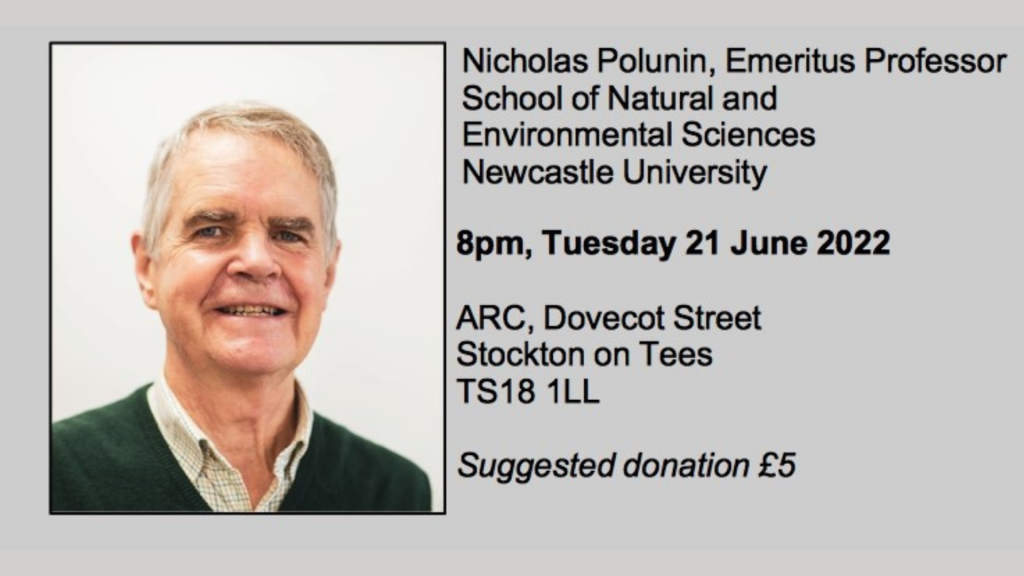Dynamic Pricing
ARC’s policy is to set ticket prices based on demand, like budget airlines, which means we set a price when the event goes on sale and then sometimes put the price up or down depending on how the show is selling. Usually, the price will increase as we get closer to the event, so it is advantageous to book in advance, although sometimes we will put special offers on and reduce the price. Our website will always show the current ticket price.

ARC’s theatre and dance performances are priced on a Pay What You Decide basis, which means you don’t have to pay until after you have seen a show!
We want to encourage more people to come and see shows at ARC, more often. Pay What You Decide not only allows you to pay what you can afford, rather than a fixed ticket price, but also removes the financial risk of buying a ticket for a show in advance without knowing whether you are going to enjoy it or not.
Tickets are available to book in advance as usual, but there is no obligation for you to pay until after you have seen the show. You can then decide on a price which you think is suitable based on your experience, which means if you haven’t enjoyed it at all, you don’t have to pay anything.
All money collected will help ARC pay the artists who have performed, and we therefore hope you will give generously.
Please ensure you have arrived and collected your tickets 15 minutes before the show starts in order to secure your seats. At the end of the show, you can decide what to pay, either by cash on the door or by card at the Box Office.
Nicholas Polunin, Emeritus Professor,
School of Natural & Environmental Sciences, Newcastle University
The climate and biodiversity crises have made us more aware of our reliance on nature, and there is much discussion about ‘social-ecological systems’ (SESs) where nature and humans are closely coupled. I explore what the SES concept might and should mean in the context of global change. I then apply this to the coastal zone and in particular marine fisheries. I surmise that remote tropical islands should have promise in achieving SES status but conclude based on our own research that even here contemporary humans are increasingly decoupled from the nature that surrounds them.
Nick Polunin has frequently crossed the boundary between marine science and coastal environmental management. After a first degree in Zoology from Oxford and PhD from Cambridge University, Nick was the first marine parks warden in the Seychelles, worked as an advisor to the Indonesian government on marine conservation, and taught and managed a coastal research station in Papua New Guinea before being recruited by Newcastle University where he helped set up the pioneering MSc in tropical coastal management. Since 1990 he has worked on projects in Australia, the Seychelles, Fiji, Maldives and across the Caribbean, while turning his attention latterly towards studies in the North Sea and Atlantic high latitudes. His purely scientific work has focused on marine food web and community structure of fish communities, and impacts on these of activities such as fishing. He has now retired from teaching but remains an Emeritus Professor at Newcastle and edits the international interdisciplinary journal Environmental Conservation.
